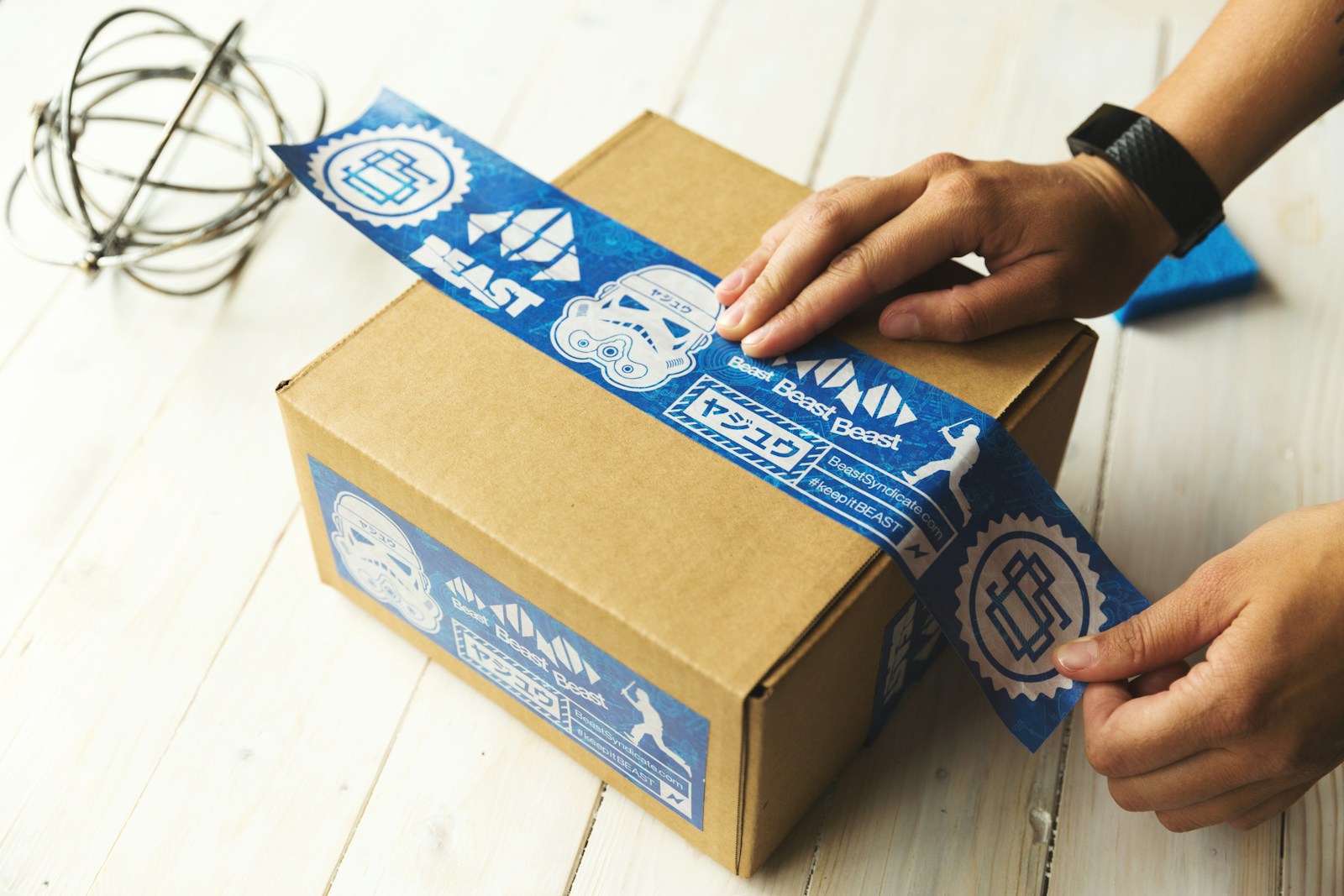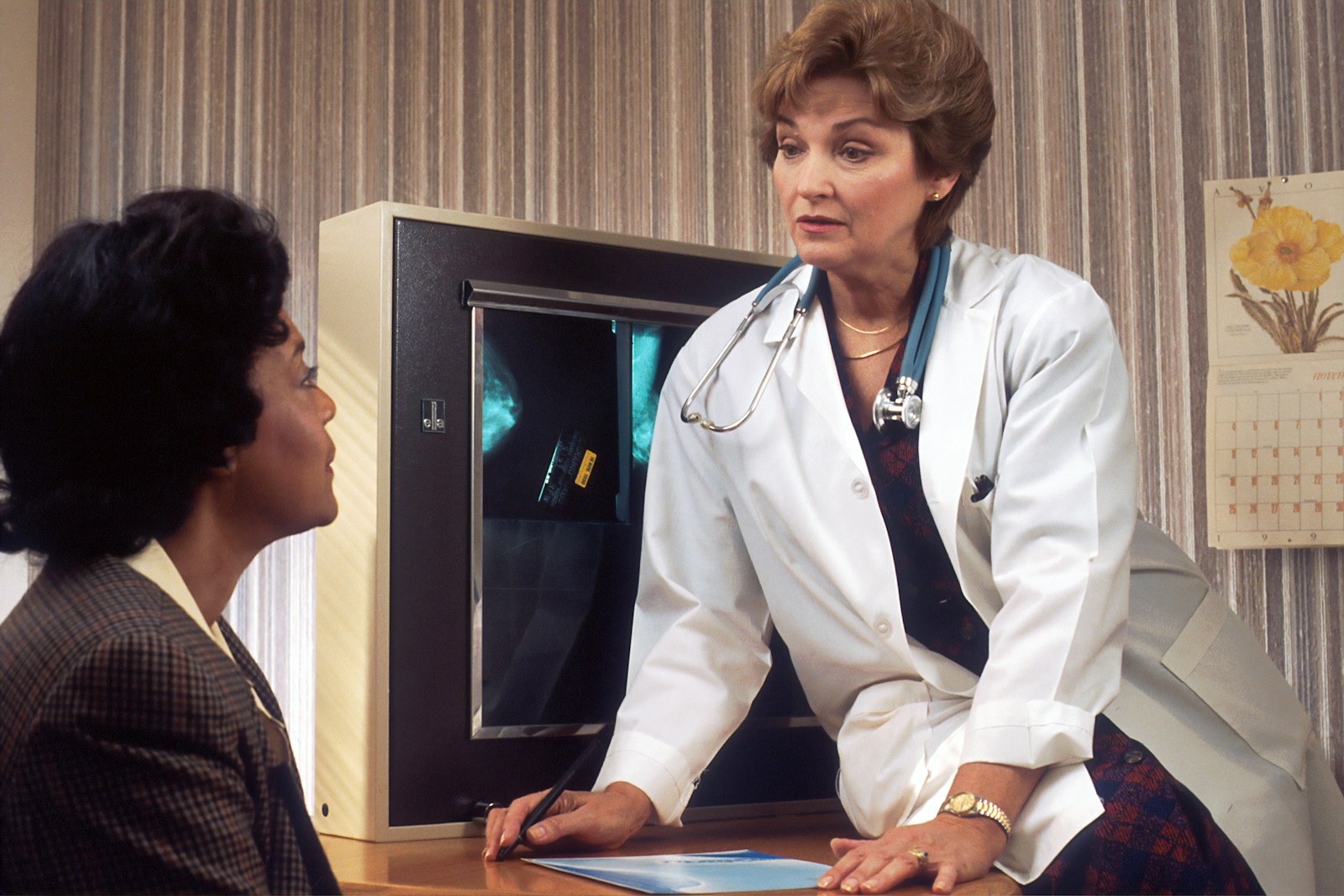Sell Your Poop: Earn up to $180,000 Annually!

Sell your poop for cash? Yes, it's true! The fecal microbiota transplant market is booming, offering a unique opportunity to earn money while aiding those needing healthy gut bacteria. Intrigued? Keep reading to explore this unconventional yet lucrative venture and learn how you can transform your waste into wealth while potentially enhancing someone else's health.
Key Takeaways
- Explore the Lucrative Poop Market: Understand the potential for selling your poop and how it can be a profitable venture.
- Meet Qualifications: Ensure you meet the necessary criteria to become a successful poop seller, including health requirements and consistency in donations.
- Optimize Earnings: Maximize your income by following best practices in the collection, storage, and shipping of your poop samples.
- Ensure Proper Collection: Perfect your poop collection process to maintain quality and meet buyer expectations.
- Package Professionally: Implement effective packaging and shipping strategies to preserve the integrity of your poop samples during transit.
- Stay Informed: Be aware of the impact of poop sales on your health and seek requalification regularly to ensure your well-being.

Understanding the Poop Market
Demand Overview
There is a surprising demand for poop in various industries, such as agriculture, pharmaceuticals, and cosmetics. Companies are willing to pay for high-quality poop due to its rich nutrients.
Valuable Types
Different types of poop hold value depending on their composition. For instance, human feces are sought after for their potential to produce fertilizers and soil enhancers.
Benefits of Selling Poop
Selling poop can be lucrative, offering a unique way to earn extra income while contributing to sustainable practices. Moreover, it can help reduce waste and benefit the environment.
Starting the Poop Sales Process
Research Platforms
When considering selling your poop, it's crucial to research platforms or companies that facilitate this unique process. Look for reputable organizations that specialize in connecting potential donors with those needing fecal transplants. Ensure these platforms maintain high standards and adhere to ethical guidelines.
Collection and Storage System
Establishing a reliable collection and storage system is vital for successful poop sales. Invest in appropriate containers that maintain the integrity of the sample during transportation. Consider working with medical professionals to ensure proper handling and storage protocols are followed to preserve the quality of the fecal matter.
Pricing Strategy
Determining a pricing strategy for your poop requires careful consideration. Consider factors such as the demand for fecal matter in the market, the quality of your samples, and any additional services you provide, like screening for pathogens. Set competitive prices that reflect the value of your product while remaining attractive to potential buyers.
Qualifications for Poop Sellers
Legal Requirements
To sell your poop, check the legal requirements in your area. Different regions have varying regulations regarding waste disposal. Make sure you comply with all laws to avoid any legal issues.
Health and Hygiene Standards
Meeting health and hygiene standards is crucial when selling poop. Ensure your collection process is sanitary and the storage containers are properly sealed to prevent contamination.
Certifications and Qualifications
Consider any specific qualifications or certifications needed for selling poop. Some organizations may require sellers to undergo training or obtain certain credentials to ensure the product's safety.
Maximizing Your Earnings
Marketing Strategies
To attract more buyers, promote your poop products on social media platforms and relevant online forums. Utilize catchy descriptions to highlight the benefits of purchasing your unique offerings.
Consider creating a website or online store to showcase your products. Utilize SEO techniques to ensure your listings appear in relevant searches. Engage with potential buyers through interactive content like videos or live streams.
Diversifying Products
Diversify your poop products to cater to different markets. For example, create specialized products for gardeners, beauty enthusiasts, or health-conscious individuals. Tailoring your offerings can attract a wider range of buyers.
Explore collaborations with companies that could benefit from your poop products. For instance, partner with organic fertilizer manufacturers or skincare brands to expand your market reach and increase sales opportunities.
Effective Price Negotiation
Negotiate prices effectively by researching the market rates for similar products. Highlight the quality and uniqueness of your poop products to justify higher prices. Offer discounts for bulk purchases to incentivize larger orders.
Establish clear communication channels with potential buyers to promptly address any questions or concerns. Provide excellent customer service to build trust and encourage repeat purchases.
Perfecting the Collection Process
Establishing a Schedule
Maintaining a consistent schedule for poop collection is crucial to ensure a steady supply. Setting specific times each day allows you to streamline the process and meet demand efficiently. Consider dedicated time slots for collection to avoid disruptions.
Proper Containers and Labeling
Using appropriate containers for collecting poop is essential to preserve its quality. Opt for leak-proof, sealable containers that prevent contamination. Ensure each container is properly labeled with relevant information such as date and time of collection.
Ensuring Proper Storage Conditions
To maintain the quality of collected poop, it's vital to store it under optimal conditions. Keep the containers in a cool environment away from direct sunlight to prevent spoilage. Regularly check the storage area for any signs of deterioration.
- Use leak-proof, sealable containers
- Label containers with date and time
- Store in a cool, dark place

Packaging and Shipping Best Practices
Secure Packaging
Invest in secure packaging materials to safely transport your collected samples. Use leak-proof bags or containers to prevent any spills during transit.
Label packages accurately with clear handling and storage instructions. Include information such as the contents, collection date, and special handling requirements.
Cost-Effective Shipping
Research the most cost-effective shipping methods. Compare prices from different carriers and consider factors like delivery speed and tracking options.
- Use airtight bags or containers to prevent leakage.
- Clearly mark packages with necessary details.
- Consider courier services for faster delivery times.
Navigating Requalification
Compliance Check
Ensure all requirements are met before requalifying for selling your poop. Provide accurate information promptly.
Be transparent about any changes or updates to your process during the requalification period, and address any feedback received promptly.
Continuous Improvement
Implement necessary changes based on the feedback received during the requalification process. Adjust procedures accordingly.
Maintain open communication with relevant parties to ensure a smooth requalification process. Seek guidance if needed.
The Impact of Poop on Health
Health Risks
Selling poop can pose significant risks to your health. Handling fecal matter improperly can lead to contamination and the spread of diseases. It's crucial to prioritize safety measures when dealing with poop.
Improper processing of poop can result in exposure to harmful bacteria and viruses, causing infections and illnesses. Ensure proper sanitation protocols are followed to minimize health risks associated with selling poop.

Consultation with Healthcare Professionals
Before engaging in the sale of poop, consulting with healthcare professionals is essential. They can provide valuable insights into the potential health implications of selling fecal matter. Seeking medical advice ensures that you are aware of any poor health consequences.
Healthcare providers can also offer guidance on maintaining the balance of gut microbiomes and human microbes when involved in activities related to handling and processing poop for sale.
Final Remarks
You've now grasped the ins and outs of the poop market, from kickstarting your sales journey to refining your collection process for optimal earnings. Understanding the qualifications, packaging, shipping best practices, and the health impact of poop sales has equipped you with the knowledge to navigate this unique venture successfully.
Armed with these insights, take charge of your poop-selling endeavor. Remember, attention to detail and adherence to guidelines will set you up for a lucrative and sustainable business. Now it's time to put your learnings into action and embark on this unconventional yet potentially rewarding path. Good luck!
Sell Your Poop Frequently Asked Questions
Is selling poop legal?
Yes, selling poop for medical purposes is legal in the United States under strict regulations. It's important to comply with all laws and guidelines set by health authorities to ensure a legal and safe process.
How much can I earn from selling my poop?
Earnings from selling poop can vary depending on factors like your location, consistency of your stool, and demand. Some donors can earn up to $1,000 per month by participating in fecal microbiota transplant programs.
Are there any health risks associated with selling poop?
When done correctly following proper screening and collection procedures, selling poop for medical purposes is generally safe. However, it's crucial to maintain good hygiene practices throughout the process to minimize any potential health risks.
How can I qualify to become a poop seller?
To become a qualified poop seller, you typically need to pass rigorous health screenings, have a healthy gut microbiome, and meet specific criteria set by medical facilities or research institutions. Having regular bowel movements and being in good overall health are essential qualifications.
Can I sell my poop if I have certain medical conditions?
Individuals with certain medical conditions may not be eligible to sell their poop due to potential health risks or concerns about the effectiveness of the fecal matter. It's important to disclose any medical conditions during the screening process for proper evaluation and guidance.
Gigs Money Tips
Financial Planning tips for Gig Economy Workers.




